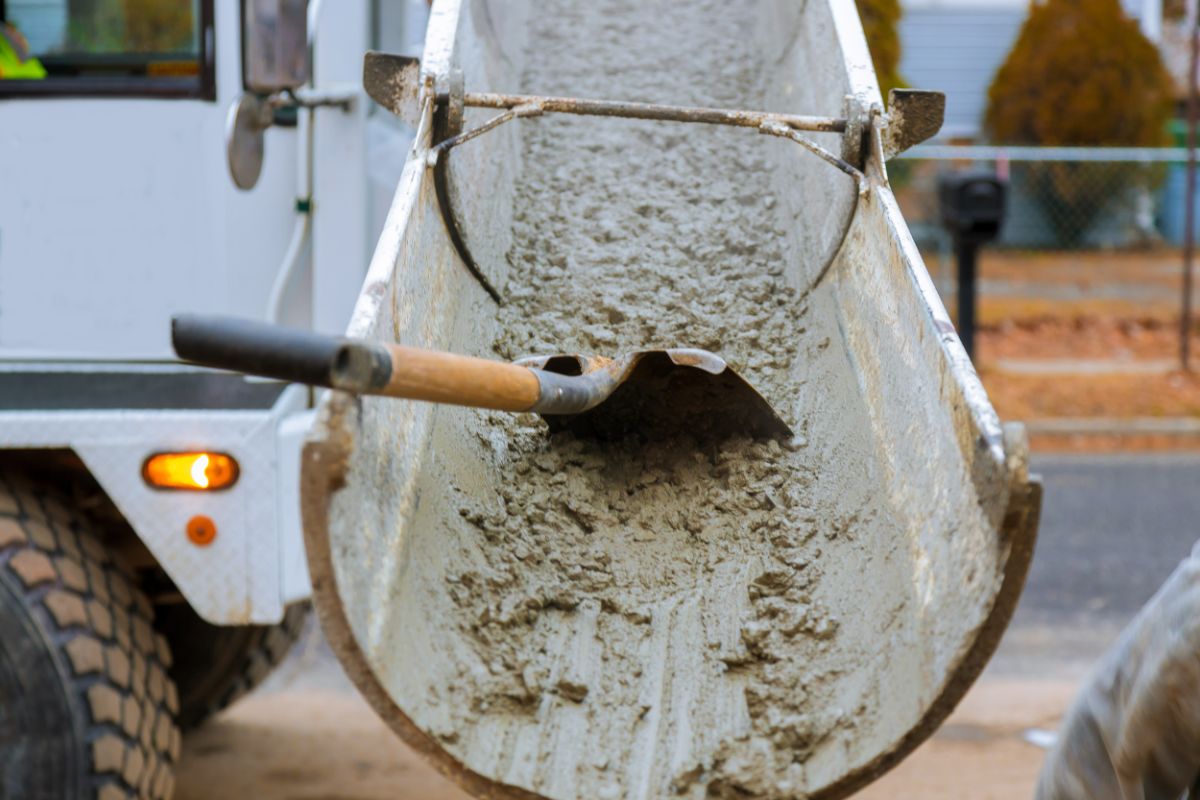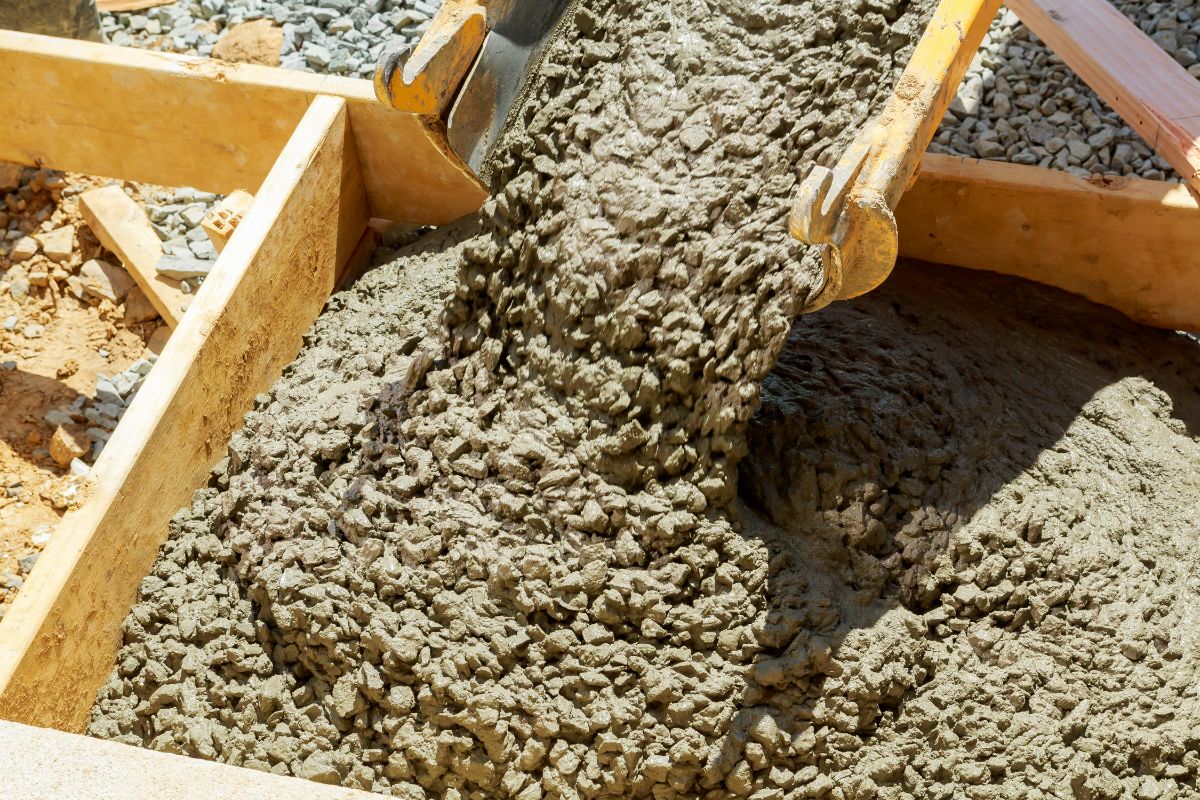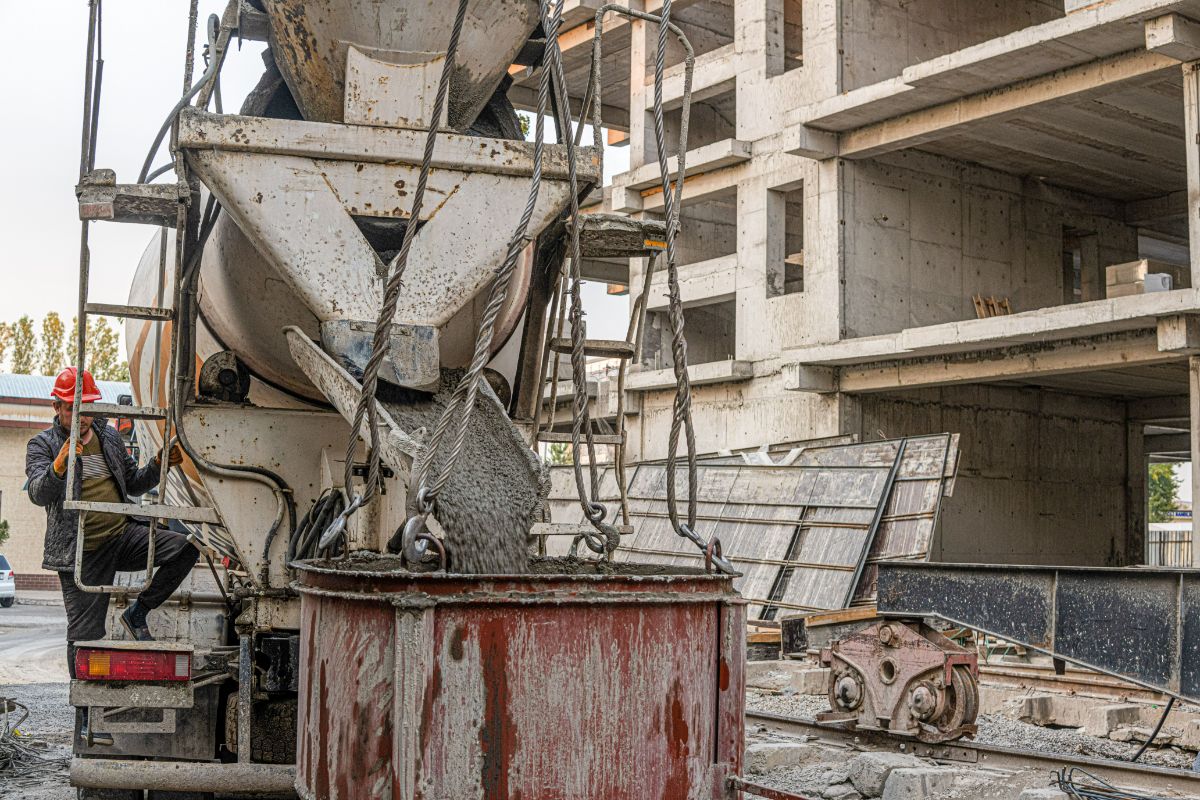

Overview
- This article explains the key elements that influence the pricing of ready mix concrete.
- Market demand, concrete strength, raw material pricing, batching plant location, extreme weather conditions, and order volume all play pivotal roles in determining concrete rates.
- Understanding the factors influencing their rates helps contractors budget accurately and anticipate project costs, with suppliers like Big Ben providing expert guidance to optimize construction expenses.
Ready mix concrete is the workhorse of the construction sector due to its durability and high performance. From massive roads to high-rise buildings, it provides the foundation for countless projects. But, unlike some construction materials, their cost can vary depending on several factors.
This article explores the ready mix concrete rates. We’ll break down how these variables impact the bottom line. Read on to learn more.
The global market for ready mix concrete is projected to grow to approximately USD 1,589.08 billion by 2032, showing a steady annual growth rate of 6.20% from 2024 onwards. This is driven by rapid urbanization, ongoing infrastructure development, and increased construction activities worldwide.
When concrete demand surges, suppliers often struggle to keep up with the increased need, leading to supply shortages. They invest in additional resources like manpower and equipment to meet the rising demand, driving up production costs. These increased costs are reflected in higher prices for concrete.
On the other hand, lower demand may prompt them to adjust prices downwards to stimulate demand or remain competitive. This price fluctuation shows the responsive nature of the industry to supply and demand dynamics, influencing the cost of concrete.

Concrete strength is measured in pounds per square inch (PSI). High-strength concrete, which has a compressive strength of over 6000 PSI, requires a more precise mix of ingredients, leading to a higher cost per cubic yard compared to a basic 1500 PSI concrete mix, which is used for sidewalks or residential foundations.
Some projects may require self-compacting concrete for quick construction or high early-strength concrete for projects that need fast setting. These special characteristics involve adding admixtures that provide significant benefits but also increase the overall cost of the mix.
Not all batching plants are created equal when it comes to price. Ideally, you want a plant close to two things: their raw materials and your project site. Plants that are close to sand, gravel, and cement quarries can keep their costs down since they don’t have to pay as much to truck those ingredients in.
Additionally, the less distance the concrete truck has to travel from the plant to your site, the better it is for your overall project cost. Less time on the road means less fuel burned and fresher concrete on arrival. Local batching plants often offer more competitive rates due to these reduced delivery costs.
Cement is the most critical component in ready mix concrete, heavily influencing its cost. Its price is closely tied to energy costs, transportation expenses, and market demand. When cement prices rise, ready mix suppliers have no option but to pass these increases on to their customers.
Similarly, the cost of aggregates can vary depending on factors like the proximity of quarries or gravel pits to the batching plant and overall market conditions. Areas with limited aggregate resources tend to see higher prices compared to regions with ample local supplies.
Additionally, specialized admixtures added to the concrete mix to enhance performance characteristics also contribute to higher raw material costs. Chemical additives like plasticizers and accelerators, designed to improve concrete properties, are purchased by ready mix suppliers—directly impacting the final price of the concrete.

Larger batch sizes and higher order volumes allow suppliers to achieve economies of scale, where the cost per unit of concrete decreases as the quantity increases. The fixed costs of production, such as labor and equipment, are distributed across a larger volume, reducing the per-unit expense. They often transfer these savings to customers through bulk order discounts.
Contractors needing large quantities of concrete for major projects can take advantage of these lower prices. By utilizing bulk discounts, they can better manage their budgets and reduce overall project costs.
In hot weather, high temperatures can cause rapid moisture loss, leading to poor curing and potential structural issues. Suppliers may use evaporation retardants or set up temporary shade structures to protect the concrete. These extra steps ensure quality but also contribute to higher material costs.
Careful planning and coordination with suppliers can mitigate the financial impact of weather-related challenges. By scheduling deliveries during cooler times of the day or incorporating temperature control measures into the project timeline, contractors can manage costs more effectively and ensure the quality of their concrete.
Understanding the drivers of ready mix concrete rates is essential for effective project planning. By mastering these variables, you can budget more accurately and navigate potential surprises. A trusted ready mix supplier serves as a valuable partner in this case, offering expertise that can help optimize costs throughout the construction process.
Choose Big Ben as your ready mix concrete supplier in the Philippines. With a solid reputation in the concrete industry, we utilize state-of-the-art tools and technology for efficient and extensive concrete production. Contact us today to learn more about our reliable concrete products and services.